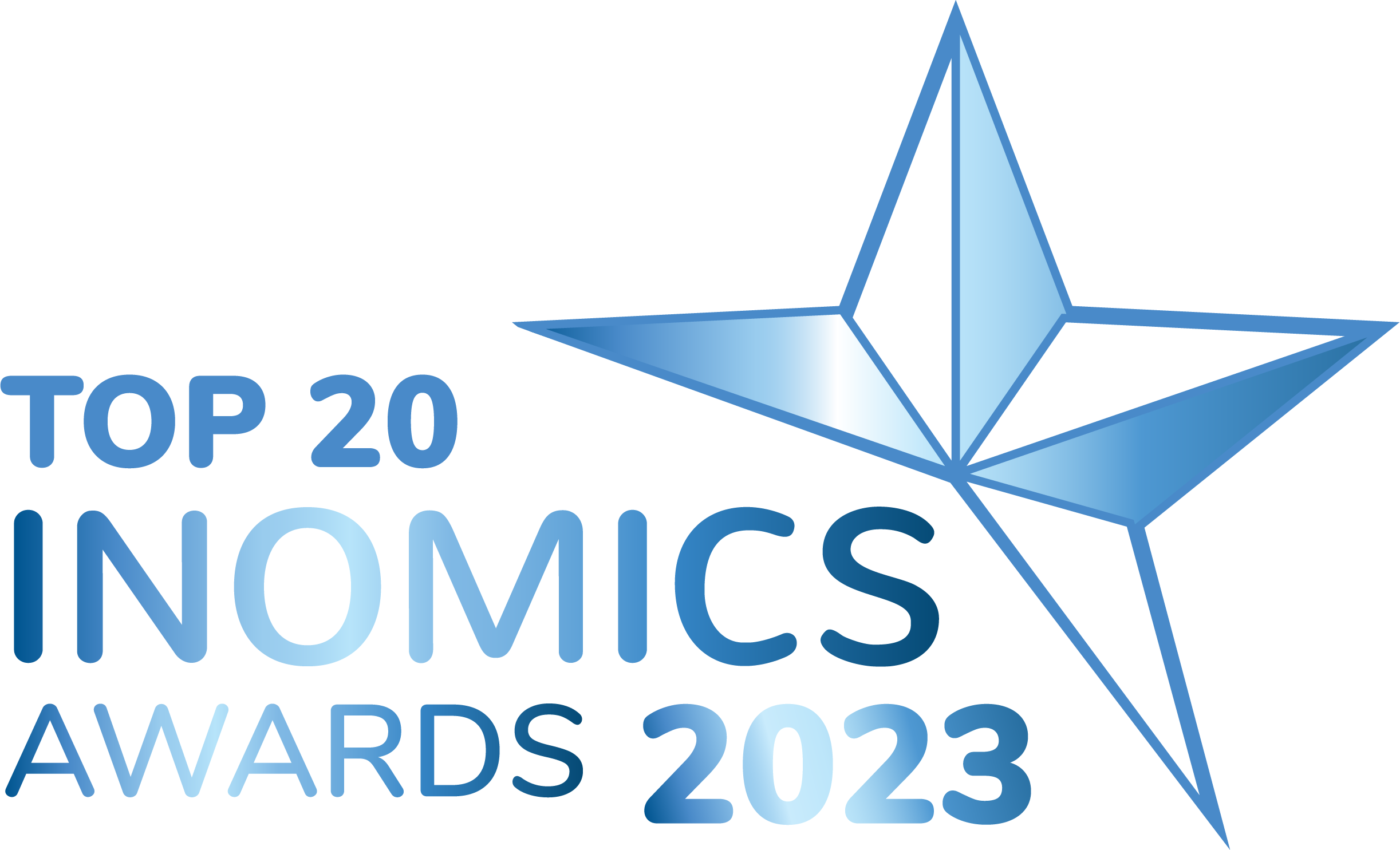ABOUT THE MASTER IN ECONOMICS
The Master in Economics endows its students with advanced training in modern economic theory and methods. Courses are taught in English by our faculty recruited from top schools on the international academic job market. In addition to their coursework, master's students interact with the faculty, fellows, and researchers of the Collegio. They have access to the Collegio's facilities and scientific activities, such as seminars, lectures, and doctoral courses.
We are proud of maintaining an excellent placement record for our graduates, both at the professional and academic level. Upon successfully finishing the program the students will be awarded the Master of Arts degree in Economics from the Collegio Carlo Alberto. Master’s graduates can apply for admission to the Vilfredo Pareto Ph.D. program in Economics of the University of Turin.
PLACEMENT
Our Master in Economics graduates follow one of two paths. Some graduates find positions in the financial sector, industry, government, or international organizations. Other graduates pursue a Ph.D. program in Economics.
In the last three cohorts, fifteen graduates started Ph.D. programs in Economics, at: Boston College, St.Gallen University, Mannheim University, HEC Paris, Institut Polytechnique de Paris, Toulouse School of Economics (x2), Swinburne University of Technology, University of Bologna (x2), University of Turin-Collegio Carlo Alberto (x2), Bocconi University, State University of Milan and University of Milano Bicocca. The remaining four students started jobs at the European Investment Bank (EIB), at Covisian SpA, at Jakala and at Intesa Sanpaolo Bank.
Recent initial placements from previous cohorts include Banca d'Italia, Compagnia di San Paolo, European Central Bank, Federal Reserve Board, Food and Agriculture Organization (UN), ING Belgium, PricewaterhouseCoopers (PwC), Prodit Engineering, REF-E and SCS Consulting. Recent Ph.D. placements include Arizona State University, Georgetown University, LSE Social Policy, LUISS Guido Carli University, University of Pennsylvania, University of Rome Tor Vergata, University of Minnesota – Twin Cities, Toulouse University and Warwick University.
ADMISSIONS
Applicants for the Master's program in Economics must be university graduates (four or five-year degree). Undergraduates in their last year of studies will also be considered.
Annual tuition fees for the Master's program are € 8,000. Candidates may apply for tuition fee waivers.
Applicants are selected based on their CV and on a letter of recommendation.
LIFE IN TURIN
Turin is one of the main university cities in Italy, hosting both the University of Turin and the Politecnico di Torino. In Turin you can easily access everything that is needed for student life.
It is easy to move around Turin using public transportation and various bike, motorbike and car sharing services.
Turin is less chaotic than other Italian cities. Thanks to its many parks, it is considered a “green” city. Moreover, Turin is culturally attractive and vibrant thanks to its modern and interactive museums and other cultural institutions.
Finally, the cost of living in Turin is cheap relative to European cities of similar size. Consider the following indicative costs:
* Single room in shared apartment from € 250, all costs included
* Studio from € 450, all costs included
* Food € 250
* Transport € 38 (monthly bus fare)
* TOTAL monthly expenditure: starting from approx. € 600
Scholarship for a Ukrainian Student
The Collegio Carlo Alberto and the Rimini Centre of Economic Analysis have jointly funded a scholarship for a Ukrainian student interested in furthering her/his studies with a Master in Economics at the Collegio Carlo Alberto.
FACULTY
Christoph Albert
Ainoa Aparicio Fenoll
Fabio Bagliano
Claudio Campanale
Flavia Coda Moscarola
Pierpaolo De Blasi
Andrea Gallice
Luca Gambetti
Dino Gerardi
Yagan Hazard
Claudio Mattalia
Giovanni Mastrobuoni
Brett McCully
Ignacio Monzón
Roberto Marfè
Luca Regis
Lorien Sabatino
Director
Ignacio Monzón
Administrative Coordinator
Davide Pochettino
COURSE PROGRAM
Introductory Courses
Mathematics for Economics, Pierpaolo De Blasi
Introductory Statistics, Lorien Sabatino
First Semester
Microeconomics, Ignacio Monzón
Econometric Theory I, Yagan Hazard
Optimization for Economics, Claudio Mattalia and Luca Regis
Macroeconometrics, Luca Gambetti (*)
International Economics, Brett McCully (*)
STATA, Flavia Coda Moscarola (*)
January-February
Dynamic Macroeconomics, Fabio Bagliano
General Equilibrium Theory, Andrea Gallice
Second Semester
Game Theory, Dino Gerardi
Econometric Theory II, Giovanni Mastrobuoni
Applied Economics, Ainoa Aparicio Fenoll (*)
Financial Economics, Roberto Marfè (*)
Macroeconomics, Claudio Campanale (*)
(*) = Elective courses

